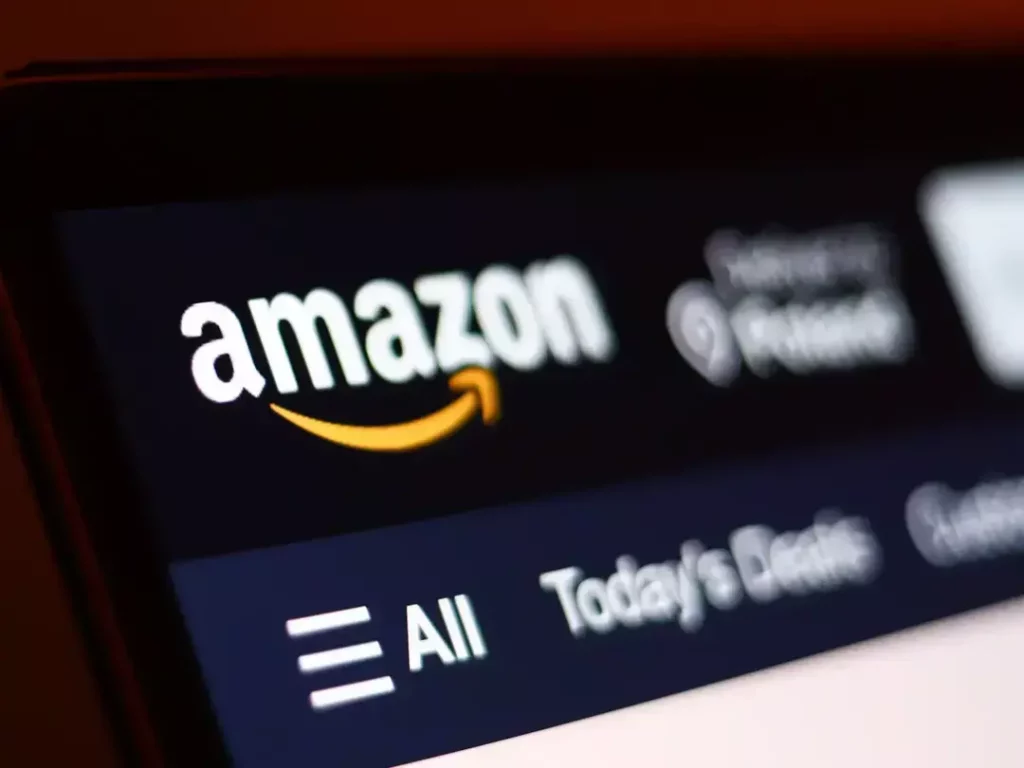
Amazon Hikes Prices on 1,200 Essentials as Tariff Pressure Grows
In a move that has raised eyebrows, Amazon has quietly increased prices on over 1,200 essential items, despite previously pledging to maintain pricing stability in the face of rising tariff pressures. According to a report by the Wall Street Journal, the e-commerce giant has hiked prices on a wide range of everyday essentials, from deodorants and pet care products to household items and personal care goods.
This development comes as no surprise, given the ongoing trade tensions and tariff wars between the United States and several major trading partners, including China. Tariffs imposed by the Trump administration have been steadily increasing, leading to concerns about the impact on consumer prices and inflation.
However, Walmart, Amazon’s major competitor, has taken a different approach. The retail giant has reportedly slashed prices on similar goods, offering customers a more competitive alternative to Amazon’s price hikes. This move could potentially erode Amazon’s market share and further dent investor confidence in the company.
Tariff-Driven Inflation Persists
The impact of tariffs on consumer prices has been a major concern for policymakers and economists alike. As tariffs continue to rise, the cost of goods is increasing, leading to higher prices at the checkout counter. This, in turn, can reduce consumer purchasing power, slow economic growth, and even lead to recession.
The latest data from the Bureau of Labor Statistics (BLS) confirms that inflation is ticking up, with the Consumer Price Index (CPI) rising 2.3% in August compared to the same period last year. While this may not seem like a significant increase, it is still above the Federal Reserve’s 2% target, which can have a ripple effect on the entire economy.
Retail Sentiment on Amazon Remains Bearish
Amazon’s decision to hike prices on essential items has sent shockwaves through the retail sector, with many investors and analysts questioning the company’s strategy. The move has been seen as a departure from Amazon’s usual approach of offering competitive pricing and low prices to customers.
Despite its dominance in the e-commerce space, Amazon’s retail sentiment has been bearish in recent weeks. The company’s stock price has been under pressure, weighed down by concerns about slowing sales growth, increased competition, and the impact of tariffs on its business.
In addition, Amazon’s profitability has been a concern, with the company’s operating margin coming under pressure due to rising costs and investments in new areas such as advertising and voice assistants.
Conclusion
Amazon’s decision to hike prices on 1,200 essential items is a significant development in the ongoing retail landscape. While the company may have been forced to respond to the rising costs associated with tariffs, its move has been seen as a departure from its usual approach of offering competitive pricing to customers.
As the trade tensions and tariff wars continue to unfold, it is likely that we will see more retailers respond to the changing market conditions. Amazon’s competitors, such as Walmart and Target, may be forced to reassess their pricing strategies and offer customers more competitive alternatives.
For investors, the outlook for Amazon remains uncertain, with the company’s stock price likely to remain under pressure until the trade tensions are resolved and the impact of tariffs on its business is clearer. In the meantime, consumers may need to adjust their spending habits and look for alternative sources of everyday essentials.






